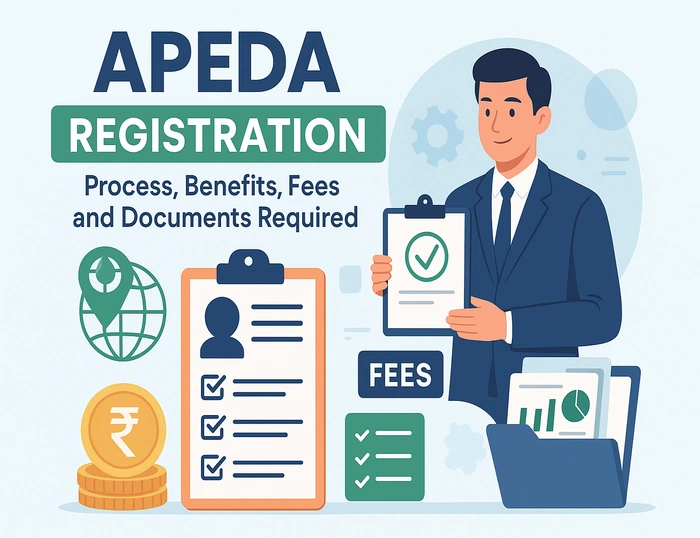 You can earn 100% bonus depreciation on tangible personal property you purchase and place in service after January 19, 2025. That seems simple, right?
You can earn 100% bonus depreciation on tangible personal property you purchase and place in service after January 19, 2025. That seems simple, right?
Is the date part of that? Easy. You can read a calendar.
The tangible property part? In general, it is also easy. Is the rule of thumb anything with a lifespan of 20 years or less? You can depreciate with a bonus.
But that “purchase” requirement? More complicated than you can imagine.
The technical purchasing requirement
So the Section 168(k) statute says we must look to Section 179(d)(2) to determine what a purchase is. And that part of the law says this:
For the purposes of paragraph (1), the term “purchase” means any acquisition of property, but only if:
(A) the property is not acquired from a person whose relationship to the person acquiring it would result in disallowance of losses under section 267 or 707(b) (but, in applying section 267(b) and (c) for purposes of this section, paragraph (4) of section 267(c) shall be deemed to provide that an individual’s family shall include only his or her spouse, ancestors, and direct descendants),
(B) the property is not acquired by a component member of a controlled group from another component member of the same controlled group, and
(C) the basis of the asset in the hands of the person acquiring it is not determined:
(i) in whole or in part by reference to the adjusted basis of such property in the hands of the person from whom it was acquired, or
(ii) under section 1014(a) (relating to property acquired from a decedent).
Which provides most, but not all, of the rules you need… so let’s look at this step by step.
No bonus depreciation for related party acquisitions
A first observation? Someone cannot buy a property from a related party.
That simple rule makes sense only from the context of loophole prevention. Without that prohibition, families and family businesses could manipulate bonus depreciation deductions at will.
No depreciation bonus for the property provided by the buyer
A more subtle requirement. If you buy some property and then contribute it to a partnership or corporation? No depreciation bonus.
This wrinkle may matter more than you think. For example, if you and your spouse buy a short-term rental thinking you should be able to take gigantic additional depreciation deductions. That can work, sure.
But then, what if you contribute that property to an LLC that you and your spouse own and then treat that LLC as a partnership? Well, now we have a problem. The reason? The additional depreciation deduction would have to be included on a partnership tax return. Except the partnership didn’t buy. You and your spouse did it.
No bonus depreciation on inherited property
Bonus depreciation does not apply to inherited property that someone acquires from a decedent and for which tax law (specifically Section 1014) resets the basis to fair market value, generally at the time of death.
You can read this rule directly in the statute I cited above. But to make sense and understand, assume that you and your spouse own a property (maybe it’s an income rental) and that you have already fully depreciated it. Maybe you bought the property for $200,000 decades ago and long ago deducted all available depreciation, meaning the depreciation-adjusted “cost basis” is now $50,000.
In a community property state, the death of one spouse resets the basis to fair market value. If the assets listed above on the first spouse’s date of death are now worth $1,000,000? The surviving spouse can depreciate the property again. And based on that new base of $1,000,000. But you can’t use bonus depreciation. Rather, the surviving spouse uses the old, regular MACRS depreciation.
Note: Bonus depreciation would not apply to much of an income rental. Only those parts of the property that represent tangible personal property that are 20 years old or less.
No bonus depreciation for Section 754 elections
Sort of a related question: If someone buys a corporation or inherits an interest in a corporation? Your purchase price or Section 1014 basis adjustment may, if a Section 754 election has been made, cause the partnership to adjust the basis and depreciation figures for that partner’s interest in, for example, machinery.
However, the Section 168(k) regulations specifically exclude bonus depreciation on this amount created through the Section 754 election. (Let me cite the current regulation in case you are a tax professional and want to read this: Reg 1.168(k)(f)(9).)
Yes Bonus Depreciation on Section 1031 Like-Known Exchanges
Therefore, you might assume that the statute cited above prevents you from deducting bonus depreciation on at least part of the basis you count after a like-kind exchange. But that’s not exactly correct. Generally, if you want, you can take bonus depreciation on the new property you purchase through a like-kind exchange.
Example: Exchange land valued at $1,000,000 but with a basis equal to $100,000 for a building worth $1,000,000. You can use Section 1031 to avoid paying taxes on the realized gain of $900,000. And you can probably additionally depreciate the portion of the new building that counts as tangible personal property. If 20% of the new building is tangible personal property and your basis is just that $100,000, you can probably deduct $20,000 of bonus depreciation.
If you exchange the $1,000,000 land and use a $2,000,000 mortgage to purchase a $3,000,000 building and 20% of that building counts as tangible personal property, you can probably additionally depreciate 20% of the $2,000,000 and the $100,000, that is, approximately one additional depreciation deduction for $420,000.
Yes Bonus Depreciation on Involuntary Section 1033 Conversions
One last quick point: if you use Section 1033 to handle an involuntary conversion? Generally speaking, accounting for an involuntary Section 1033 conversion works like accounting for a Section 1031 like-kind exchange.
In other words, if the involuntary conversion causes you to lose a property (a vehicle, a building, or whatever) and you replace that property, you can potentially use bonus depreciation based on the remainder and surplus basis of the new property.
A fire destroys equipment with a base of $400,000 and FMV of $1,000,000. The taxpayer receives $1,000,000 of insurance and reinvests it all in similar equipment (which qualifies under §1033). Basis in replacement equipment = $400,000 (remaining). Under the rules of section 168(k), that $400,000 basis qualifies for depreciation bonus (since the equipment has a recovery period <20 years)
#Section #168k #Bonus #Depreciation #Purchase #Requirement










